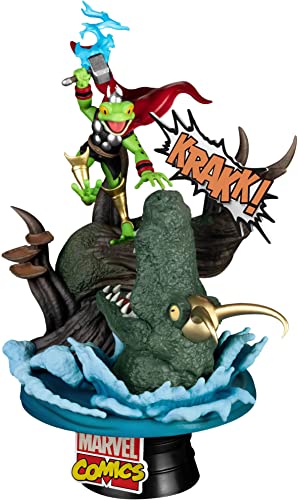BadMoon
Demi G0D Overseer
Is this even legal? LOL! So I can't pay cash that is considered to be of legal tendar because Apple says so? I smell a lawsuit!
No Credit Card, No iPad
A woman was recently told at an Apple Store that her $600 in U.S. currency was no good for buying an iPad. According to Apple, customers must use a credit card or a debit card to purchase the iPad. The store wouldn't allow the woman to buy the iPad with her cash. The woman in question is disabled, lives on a limited income, and doesn't have a credit card.
Apparently, Apple has an official policy in place for purchasing the iPad. A credit card is required, there is a limit of two per person, and you can't use a gift card, either. The reasoning has something to do with Apple's intent to block black market sales of its popular device.
Last edited:

















 Seriously?
Seriously? They can see me watching TV and eating popcaorn in my underwear???
They can see me watching TV and eating popcaorn in my underwear??? 